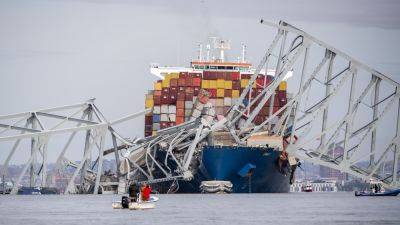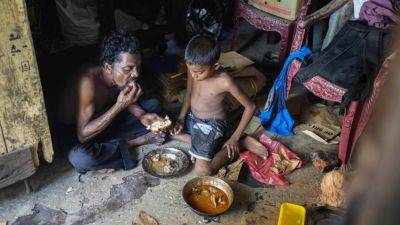Will Memes About Politicians Now Get Sri Lankans Thrown in Jail?
Even in the darkest of times, Sri Lankans held on to their humor.
In 2022, when the island nation’s economy collapsed and the government announced a QR code system to ration gasoline, a meme spread online: “Scanning Fuel QR Code Now Makes You Forget Last Three Months.”
And when public anger forced the strongman president to flee his palace, with protesters venturing inside to fry snacks in his kitchen and jump into his pool, another meme captured the mood upon their departure: “We Are Leaving. The Key Is Under the Flower Pot.”
It is this kind of online expression, which helped fuel the largest citizens’ movement in Sri Lanka in decades, that activists and rights groups fear is now endangered.
They are concerned about a new law, the Online Safety Act, that gives the government wide-ranging powers to deem speech on social media to be “prohibited statements.” Under the law, a committee appointed by the president will rule on what is prohibited, and violations could bring penalties ranging from fines of hundreds of dollars to years in prison.
The public security minister, Tiran Alles, told Parliament that the legislation would protect against online fraud, the spread of false information and the abuse of women and children. But he also made clear its potential political applications, saying it could be used against those who insult members of Parliament on social media.
Sri Lanka is taking a page from other countries in the region that are increasingly policing what people say online, most notoriously Bangladesh, where a 2018 law known as the Digital Security Act has led to the imprisonment of activists and opposition leaders.







